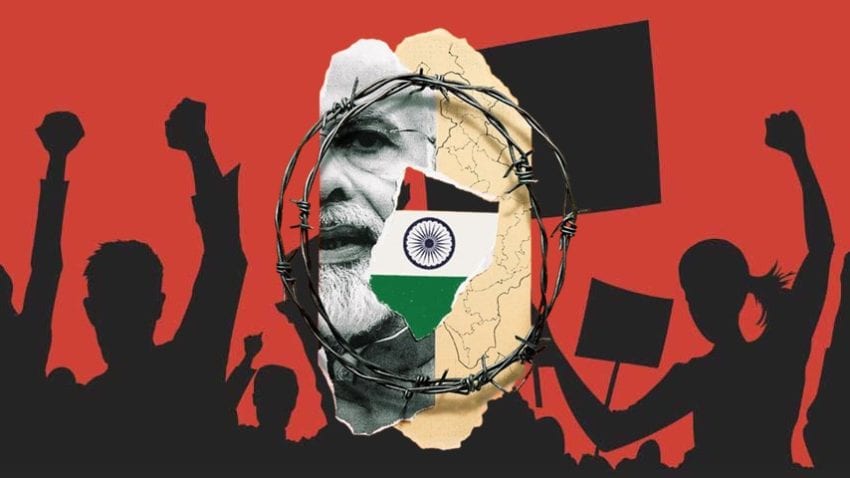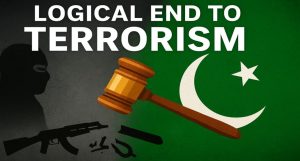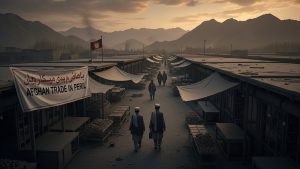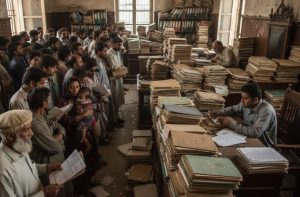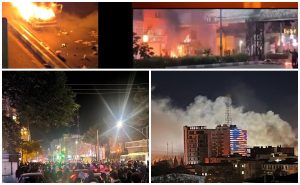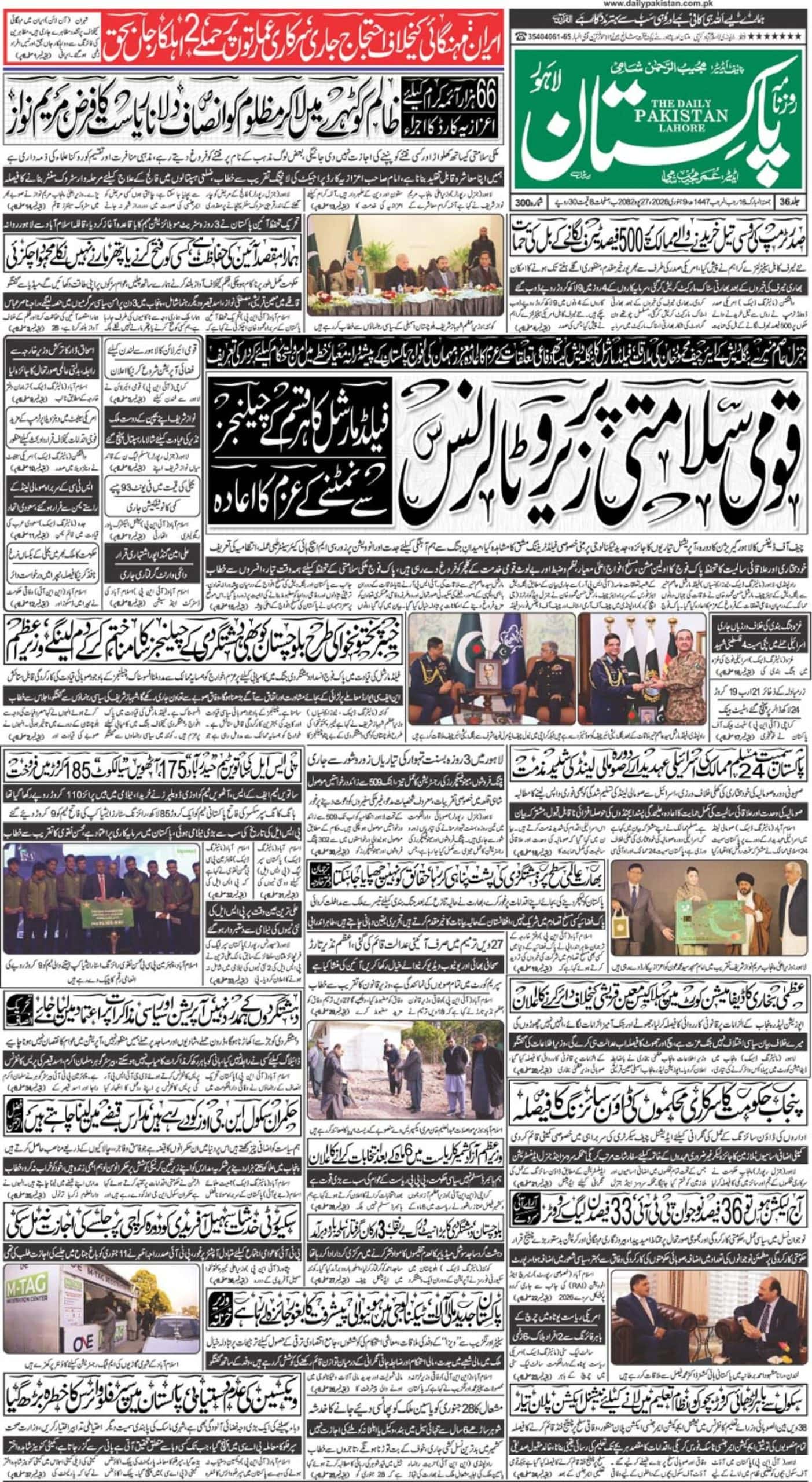India. What once sparked images of lively festivals and unique marketplaces quickly turns to pure fear. You try to hold that onto past fame for only being just a shell of society where now all it leads to is that if you express the feeling or just be non-complicit than you will find yourself in that targeted class. The more they force the dreams is what brings this unrest due the basic manipulation to blind those whom will believe their lies and those that express those falsehood will be punished one way or another in fear of expression That disquieting unease you feel isn’t just a vague worry; it’s the chilling recognition that something is deeply amiss, when religious freedom for all is increasingly just a mirage. And when any nation starts preying its own citizens with disdain then what kind of identity will they truly hope to have? What are the experiences of these Indian people? It’s no longer possible to ignore it as a westerner because these issues require that people discuss a future of progress and true tolerance for the Indian people, instead of sweeping any perceived criticism as “anti-Indian.”
Consider, for instance, the web of anti-conversion laws spreading across several states. Supporters frame them as shields, necessary to protect vulnerable individuals from being coerced into changing their faith. But imagine, for a moment, you are a Christian woman who married a Hindu man in Uttar Pradesh. You suddenly feel this blanket of suspicion around you due to fear that this conversion wasn’t a choice on its own will. The question that must be asked: where’s the clear line between protection and persecution?
Then, there’s “Ghar Wapsi” – the “homecoming” campaigns orchestrated by some Hindu nationalist groups. The imagery is comforting – families reunited, traditions reclaimed. But let’s pause. How does this impact that Muslim living in Chhattisgarh who feels pressured by community members promising a handout if his family reconverts to Hinduism? Are they truly “coming home,” or simply being nudged by circumstance? Here, a discussion is needed to recognize if good intentions paving a path to coercion are present and if such circumstances could cause issues in freedom of faith.
Of course, such organized policies, while attracting scrutiny, exist largely away from large metropolitan bubbles. You simply must turn to those distant states like Manipur or Assam for truly heartbreaking circumstances. Mob violence and a breakdown of civil systems can leave you hopeless. One sees the headlines but has to recognize what is not being told or discussed by news outlets to comprehend what such violence uproots in the daily life. How do we begin to measure this growing issue in regions where rule of law falters and trust in institutions erodes? The questions require long consideration without one-sided conclusions or generalizations of actions or opinions that occur.
Perhaps the most divisive flashpoint is the Citizenship Amendment Act (CAA). The debate around the CAA crackles with righteous indignation on both sides. Those in favor point to the plight of persecuted religious minorities seeking refuge from neighboring countries; those against speak of a secular constitution betrayed. What all the sound and fury often obscures is that this isn’t some abstract legal wrangle, or debate topic: The way forward is, at this point, unwritten; which emphasizes concerns around whether equality can even apply.
India’s story, therefore, hangs in the balance, written day by day. Can it remain a society dedicated to the equality of every belief in practice or name only? Such problems of freedom and justice have existed even prior to its independence as a colony and persist through today. Finding real answers cannot simply rely on praising its cultural past but through honest criticism with logical outcomes from both global and domestic involvement. A country cannot rely on only ancient praise and must show true promise through concrete progress in social democracy if it intends to maintain that “beacon of hope”. This generation should truly measure what kind of country it wishes to leave for those of future.

